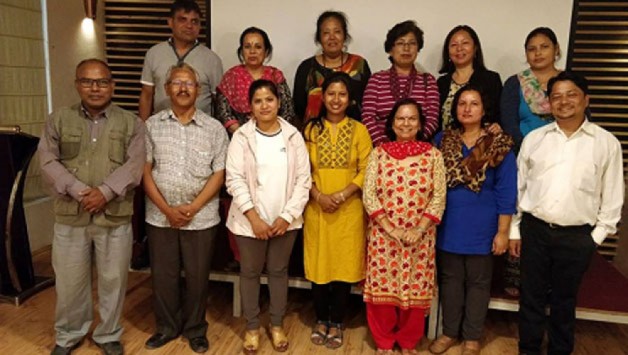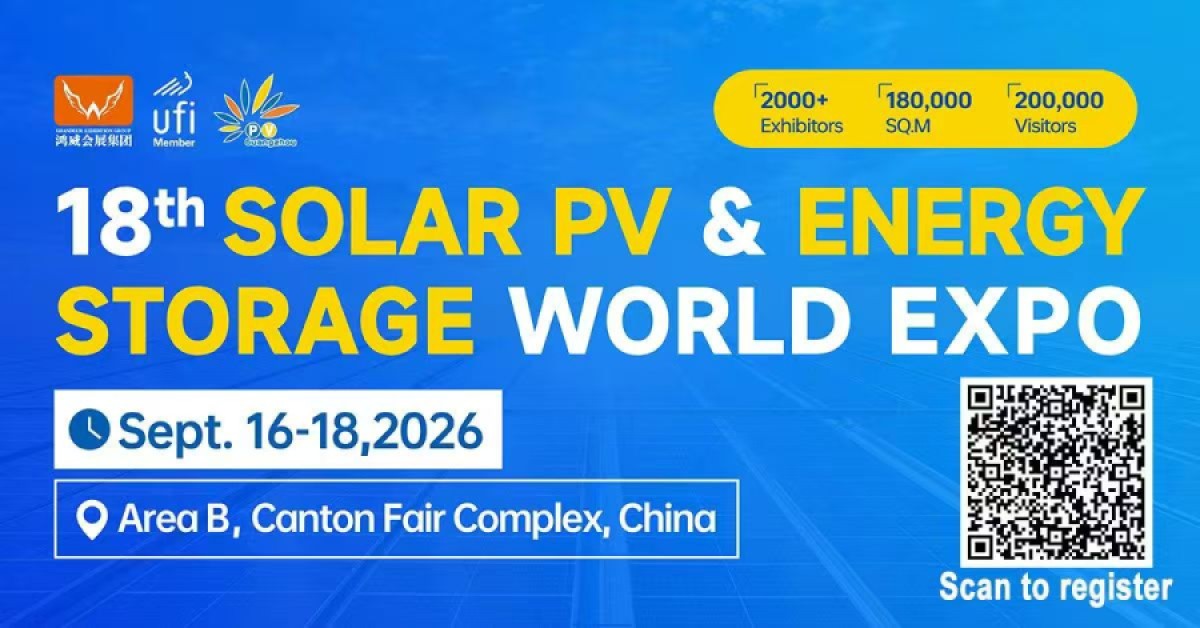
On Sunday October 15, 2017, Kathmandu
- Coordinated and managed by Mr. Purna N. Ranjitkar
Background
Access to clean; modern, sustainable energy is critical for improving the health and livelihoods of billions of people around the world. There is growing evidence linking socio-economic benefits with access to a reliable and affordable supply of energy. The UN Sustainable Development Goal (SDG) 7 focuses on a concerted global effort to ensure access to affordable, reliable, sustainable and modern energy for all. At the same time, fossil fuels are being depleted at an ever-increasing rate. The extraction and consumption of oil, gas and coal is a key driver of climate change and leads to instability and degradation across the world.
As the energy needs of marginalised groups such as women and the poor, in particular those living far from economic centres will not easily be solved by the market; it requires the full support of governments, international institutions, national and international social organisations and the introduction of innovative new business models. Energy services also need to be seen in the context of citizen’s right to development, and become part of a broader agenda of women and men proactively expressing their needs in the public space. Specifically while implementing, the project will engage in energy policy, finance, agreements and partnerships for promoting renewable energy, ensuring energy access by addressing gender and social elements of energy. Renewable energy professionals and practitioners active in Nepal and rest of the world technically believe that access to energy can alleviate poverty, improve living conditions and propel economic development.
Renewable Energy Confederation of Nepal (RECoN), the umbrella organisation of private sector renewable energy associations committed to lobby, advocacy and dedicated to the genuine and lawful rights and welfare of renewable private sector professionals and practitioners has been active in base works in assisting access to renewable energy technologies to all types of users with significant focus on women, poor, disables and marginalised people also.
Nepal with the state mechanism has been supporting women, poor, disables and marginalised people. They have been given spaces in education, health, renewable energy, legal fronts, political and social activities, financial and employment opportunities. The provisions to this effect are formulated and implemented under the name of Gender Equality and Social Inclusion (GESI).
The Constitution of Nepal promulgated on September 20, 2015 clearly envisions Nepal as an inclusive state and guarantees the right to equality for all its citizens. Nepal, being a signatory to various international conventions, is also legally committed to gender equality and social inclusion. Moreover, the supports and opportunities availed to women, poor, disables and marginalised people in the renewable energy sector have been placed as meaningful and successful while opportunities created for clean cooking energy solutions connect directly with health matter has been highly appreciated.
Alternative Energy Promotion Centre (AEPC) established by the Government of Nepal and operated under Ministry of Population and Environment has been providing technical and financial supports to the institutions, communities and households to avail access to renewable energy technologies. The subsidy policies and mechanisms formulated to this effect had given considerable concessions to the people within the group of inclusive people naming GESI as well.
Keeping in view soul searching on the established policies on supportive provisions to women, poor, disables and marginalised people in the renewable energy sector, RECoN organised an Interaction and Discussion Programme where professionals and practitioners exchanged experiences and opinions on the policies and practices. The event dealt on exploring expectable 'changes' in the policies and implementation procedures.
This is also to be mentioned that the event was considered as an entry to the agenda while similar events will take place in near future to intensify the lobby and advocacy activities for the best of implementation of the policies for the best of results and policies to be formulated and amended to the maximum extension.
The interactions and discussions were focused on --
- As the event was at an initial level, few but selected professionals and practitioners participated in to discuss on the agenda.
- The event dealt on the presence of policies and practices on Current Status of Green and Inclusive Energy Policies and Practices in Nepal
- The participants exchanged the experiences of behaviours of the target groups in the past realising the need of education for them the exercise the rights guaranteed by constitution, policies and laws.
Resolutions –
- Active professional and practitioners should be organised within a network to work on the agenda for lobby and advocacies
- Conduct detailed studies on Current Status of Green and Inclusive Energy Policies and Practices in Nepal
- Research on possible and needful amendments and corrections on policies and legal provisions
- Collect views and opinions from legal experts, planning experts, experts in socio-economic and energy experts
- Meet various levels of influential leaders and decision makers for the rightful changes in the systems.
Immediate actions recommended --
- Similar event to organise in near future to deal in detail on the gaps this event missed to deal on. So that some experts on the theme will be invited to explain and elaborate the facts and figures so as the preparation of lobby and advocacy will be more effective.
Participants and their views --
Dr. Indira Shakya highlighted the need of lobby and advocacy for the opportunities to create for access to energy to women, poor and marginalised people who reside in the villages where electricity through national grid is not available.
The cleaning cooking solutions as using of biogas and improved cook stoves are successful in lessening the smokes in the kitchens of the village people while the service should be extended widely to more households. SEforAll and SDG Goal are to be considered as the targets to meet.
As such, a 'network of professionals and practitioners should be formed to intensify the needful activities.
Ms. Bindu Manandhar who has plenty of experience in coordinating services and facilitating the people in access to renewable energy shared experiences stressing need of women and target groups to be educated through available mediums.
Ms. Kalyanee Shah, the legal expert and the chairperson of Sewa Nepal said need for the current provisions, practices and study on the expectable changes in favour of the target groups.
Ms. Kavita Rai, experienced in national and international programmes to promote renewable energy elaborated that facts and figures are important in planning, as such, studies and research on realities also should be paid equal attention so as actual target can be achieved. In context of lobby and advocacy on facilitating access to energy to women, poor and marginalised people will be highly successful.
On the occasion, Ms. Kalpana Acharya, Ms. Minu KC Thapa also expressed the experiences and need of collective efforts to successfully carry out energy access to women, poor and marginalised people.
Presiding over the event Mr. Guna Raj Dhakal, chairperson of RECoN said that RECoN had conducted a number of interactions related to renewable energy policies and practices. The financing aspects have been a crucial issue and the experts are exercising to find out the best solution. Likewise, the confederation has been organising consultations of experts on the renewable energy activities in the federal structure of the governance as provisioned by the Constitution of Nepal 2015. RECoN also had conducted interactions to build consensus on other renewable energy related aspects.
The present agenda has been considered 'important' as people who are financially not capable and or socially kept at the bay should have been brought into the place where they can exercise rights as all others in the country. RECoN will continue activities to this context as a part of Green and Inclusive Energy (Nepal Programme) as it is one of the consortium partners to carry out various influential activities in Nepal.
The event was coordinated and managed by Mr. Purna N. Ranjitkar
Conclusion –
The present agenda has been considered 'important' as people who are financially not capable or socially kept at the bay should have been brought into the place where they can exercise rights as all others in the country. As such, activities should be intensified to prepare to carry out lobby and advocacies for desirable results. RECoN should continue the activities forming a network of professionals and practitioners to this effect.




